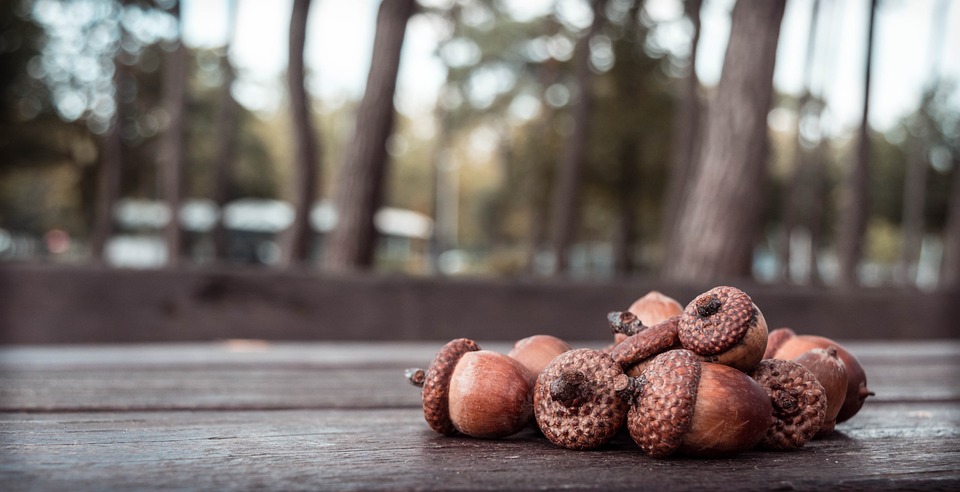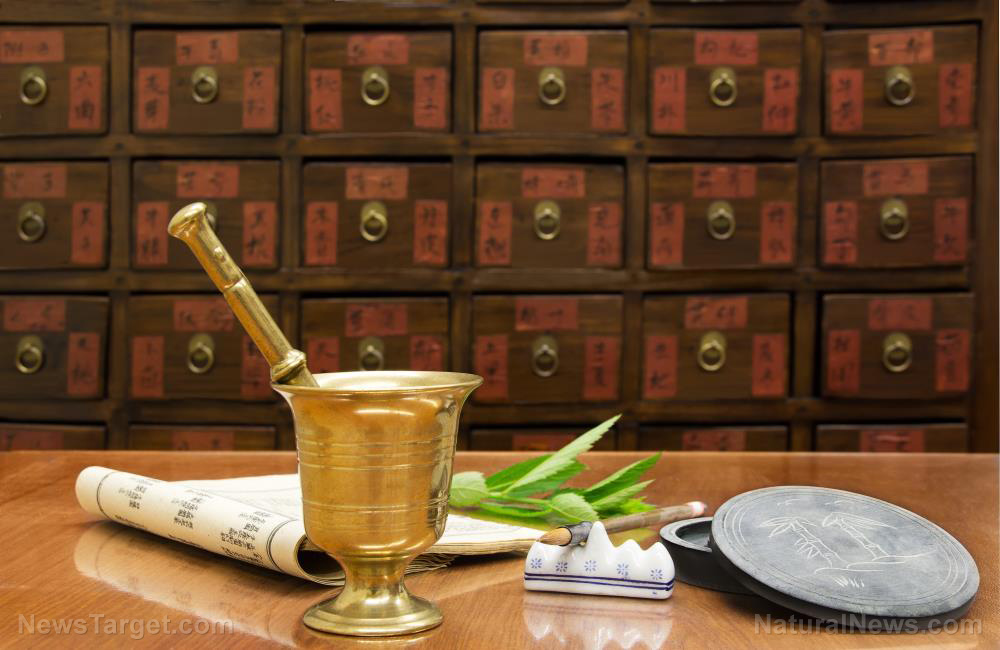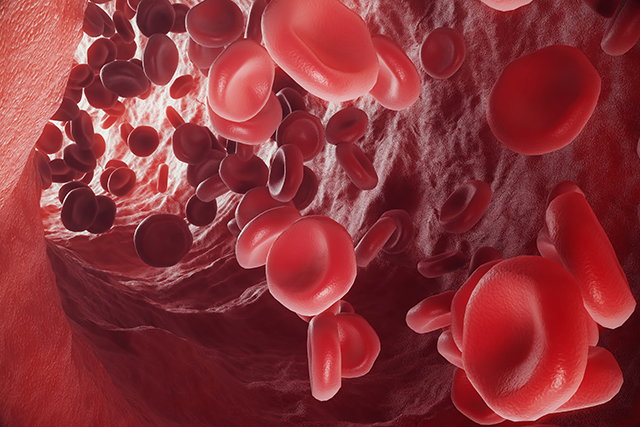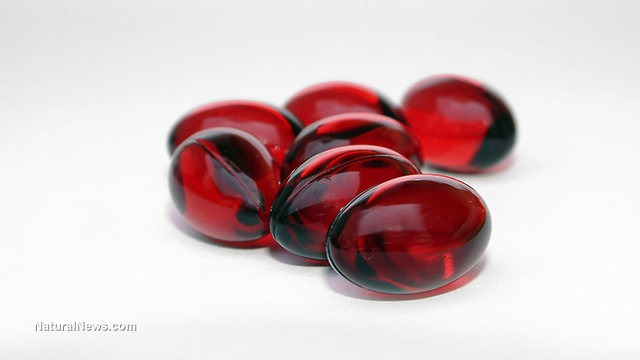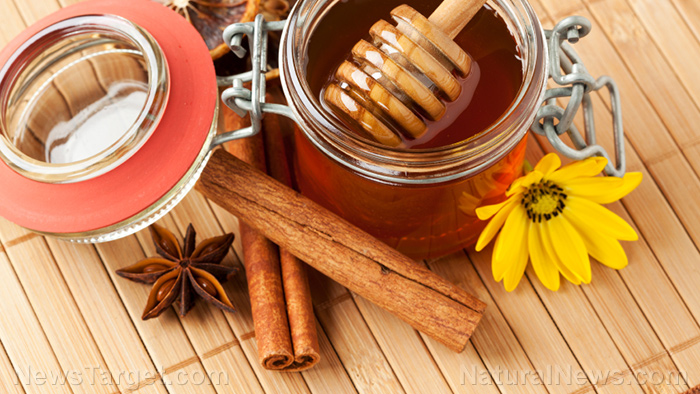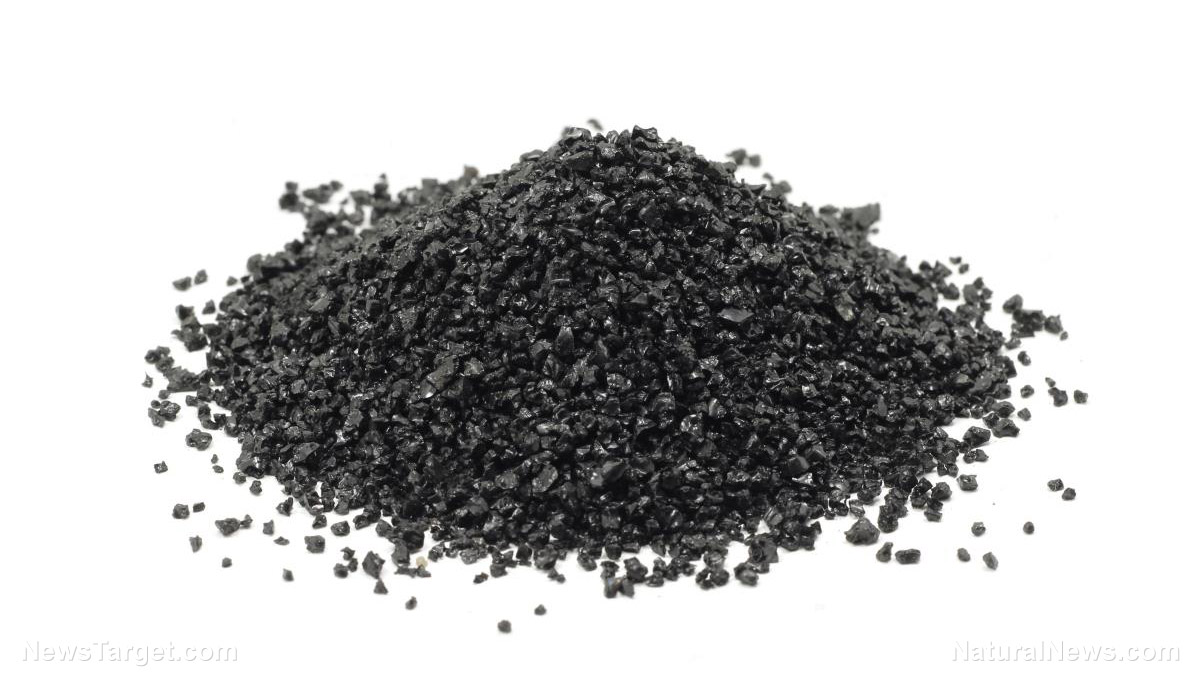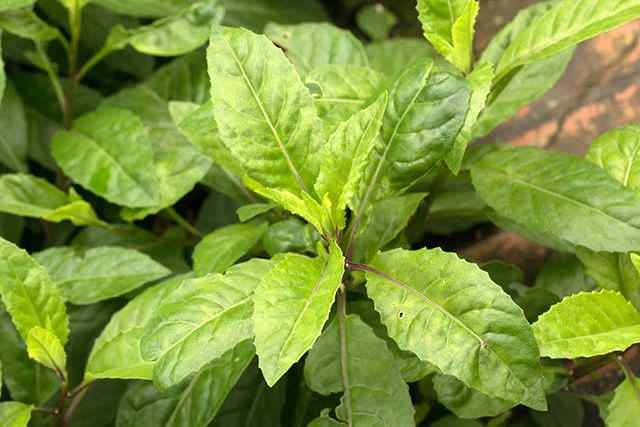The medicinal properties of saffron explored
02/04/2019 / By Edsel Cook

Iranian researchers examined the potential of saffron (Crocus Sativus) to serve as an alternative means of alleviating ailments. They reported that the widely used plant contains natural compounds that could amend symptoms associated with various diseases.
The study received support from Mashhad University of Medical Sciences. Its findings were published in the science journal Phytotherapy Research.
- Saffron contains a number of natural compounds that can be consumed by humans. The most notable ones are crocins, crocetin, and safranal. These plant-based substances are believed to play a large role in the medicinal effects of the herb.
- The plant and its constituents have been tested for their effects on asthma, bronchitis, colds, coronary artery disease, diabetes, fever, and neurodegenerative diseases such as Alzheimer’s disease and Parkinson’s disease. These studies identified saffron and its compounds as effective means of treating those diseases.
- Other studies have determined that the antioxidant, immunomodulatory, and inflammatory activities are responsible for the medicinal properties of saffron and its bioactive compounds. The medicinal herb increases the capacity of natural antioxidants in the body and scavenges harmful free radicals.
- Saffron is considered to be an agent that manages inflammation and handles the intensity of the response of the immune system. It controls inflammatory mediators, humoral immunity, and immune responses that are mediated by cells.
- The review included in vitro experiments and animal models that evaluated saffron or its constituents. These tests confirm the anti-inflammatory, antioxidant, and immune-modulating effects of the plant and its phytochemicals.
Based on their findings, researchers believe that saffron should further be examined for its health benefits. In addition to the entire herb, the individual bioactive compounds are also considered to be of great interest and benefit.
Learn more about the benefits of saffron at Herbs.news.
Journal Reference:
Boskabady MH, Farkhondeh T. ANTIINFLAMMATORY, ANTIOXIDANT, AND IMMUNOMODULATORY EFFECTS OF CROCUS SATIVUSL. AND ITS MAIN CONSTITUENTS. Phytotherapy Research. 2016;30(7):1072–1094. DOI: 10.1002/ptr.5622.
Tagged Under: antiinflammatory, antioxidants, folk medicine, herbal medicines, immunomodulation, immunomodulators, medicinal herbs, natural antioxidants, saffron, traditional medicines



